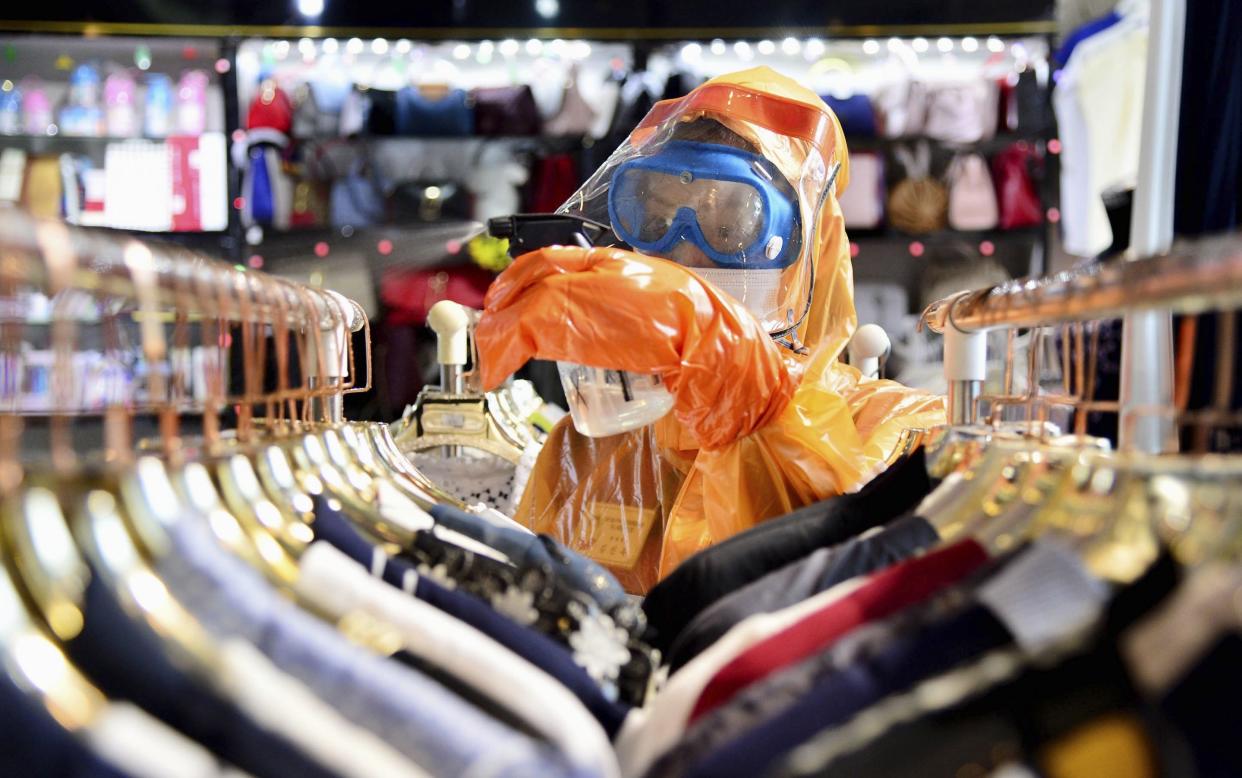North Korea blames Covid outbreak on ‘alien things’ from South Korea

North Korea claimed on Friday the country's first Covid outbreak began with patients touching "alien things" near the border with South Korea, apparently shifting blame to the neighbour for the wave of infections that hit the isolated country.
Following an investigation, the North has ordered its people to "vigilantly deal with alien things coming by wind and other climate phenomena and balloons in the areas along the demarcation line and borders".
North Korean defectors and activists in South Korea had for decades flown balloons carrying leaflets and humanitarian aid across the heavily fortified border.
But the government of former President Moon Jae-in barred the campaigns in 2020, citing safety concerns of residents on the border. Activists called the ban an attempt to whitewash Pyongyang and silence critics amid efforts to improve cross-border ties.
According to state media KCNA, an 18-year-old soldier and a five-year-old kindergartener who contracted the virus has touched unidentified materials "in a hill around barracks and residential quarters" in the eastern county of Kumgang in early April showed symptoms.
"The investigation results showed that several persons coming from the area of Ipho-ri in Kumgang County of Kangwon Province to the capital city in mid-April were in fever and a sharp increase of fever cases was witnessed among their contacts," KCNA said.
It said all other fever cases reported in the country until mid-April were due to other diseases, but it did not elaborate.
South Korea's unification ministry said on Friday that there was "no possibility" of Covid entering North Korea via contaminated balloons sent by activists in the South.
North Korea has been battling its first outbreak of Covid infections, declaring a state of emergency in May after years of enforcing tight restrictions to prevent the virus from entering the country.
In July 2020, the North's leader Kim Jong Un declared an emergency and imposed a three-week lockdown on Kaesong town, near the inter-Korean border, after a man who defected to the South in 2017 returned to the city showing Covid symptoms.
The North has claimed the Covid wave has shown signs of subsiding, though experts suspect under-reporting in the figures released through government-controlled media.
North Korea reported 4,570 more people with fever symptoms on Friday, with the total number of fever patients recorded since late April at 4.74 million.
Pyongyang has been announcing the number of fever patients daily without specifying them as Covid patients, apparently due to a lack of testing kits.
It comes as China started testing the air from North Korea for traces of Covid and encouraging people living along the border to shut their windows on days with a southerly wind.
